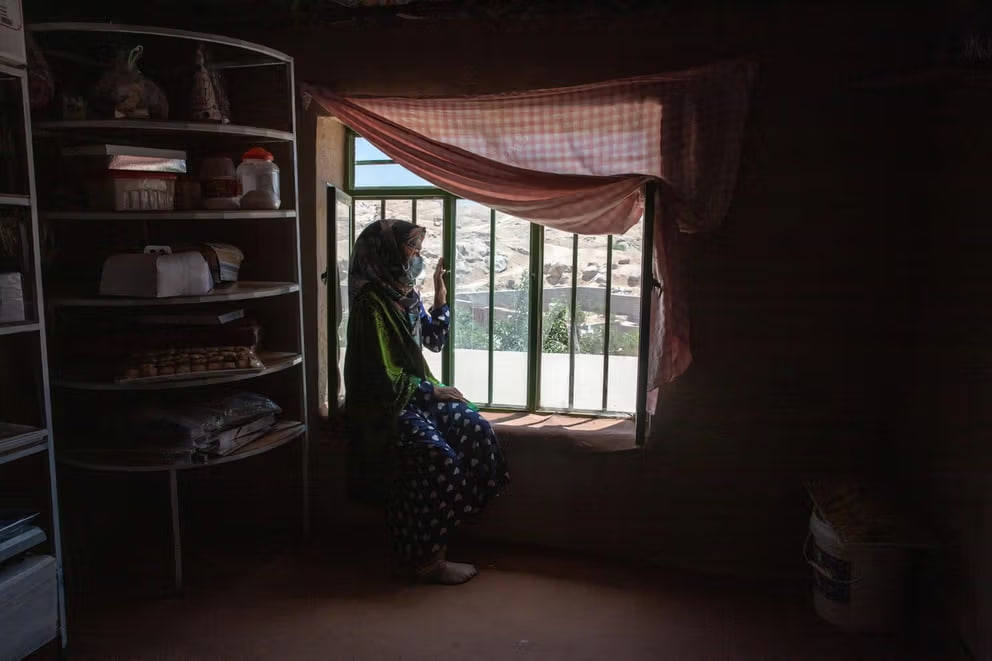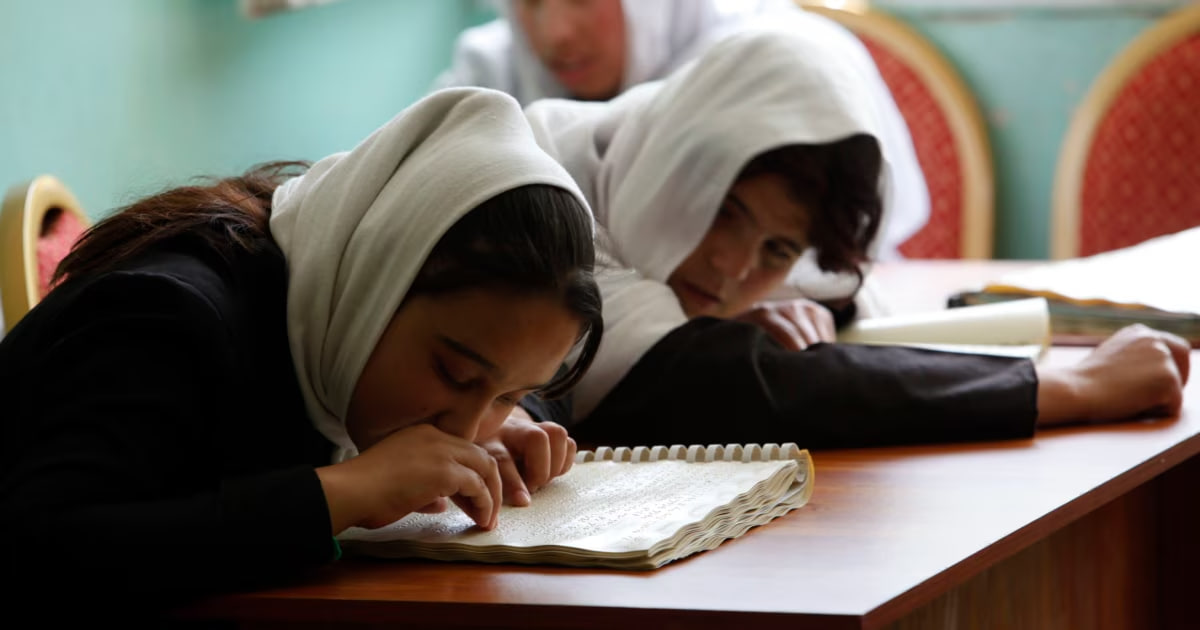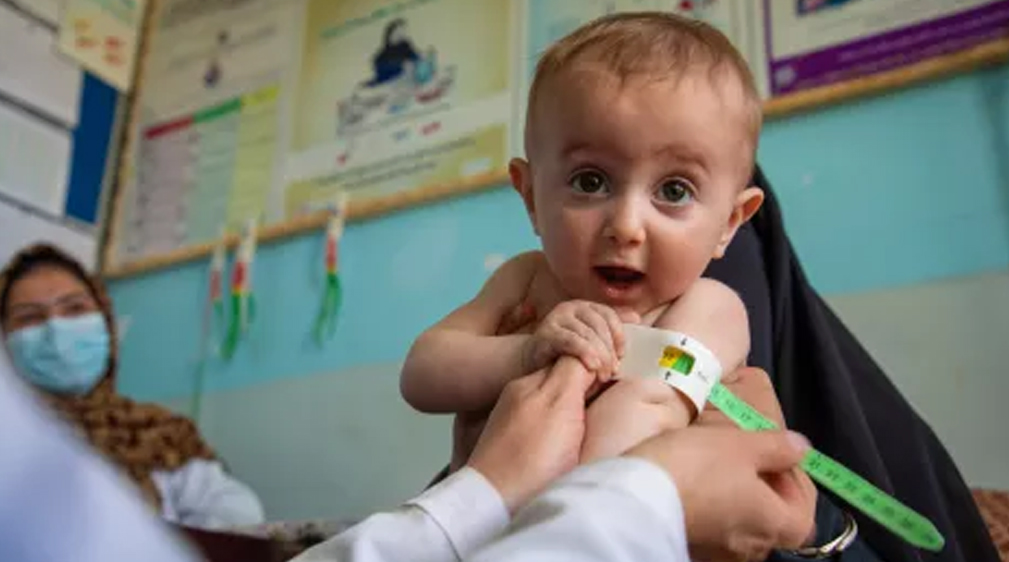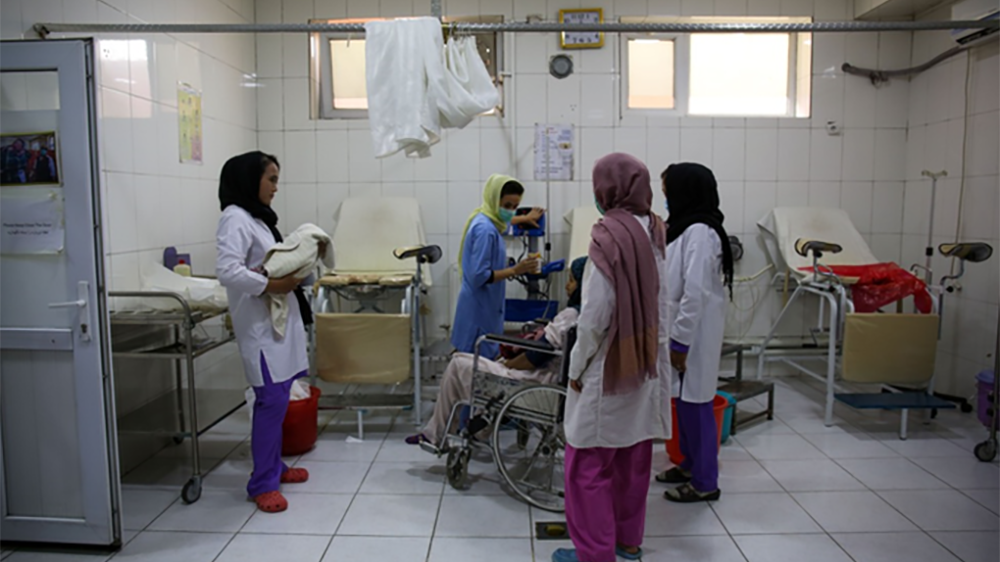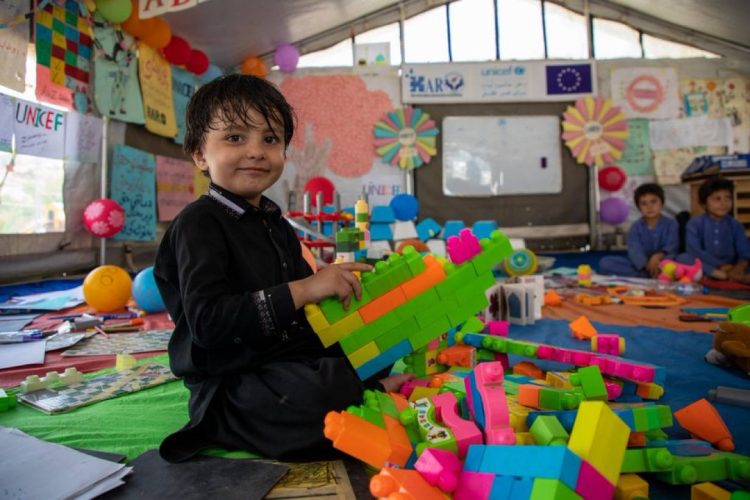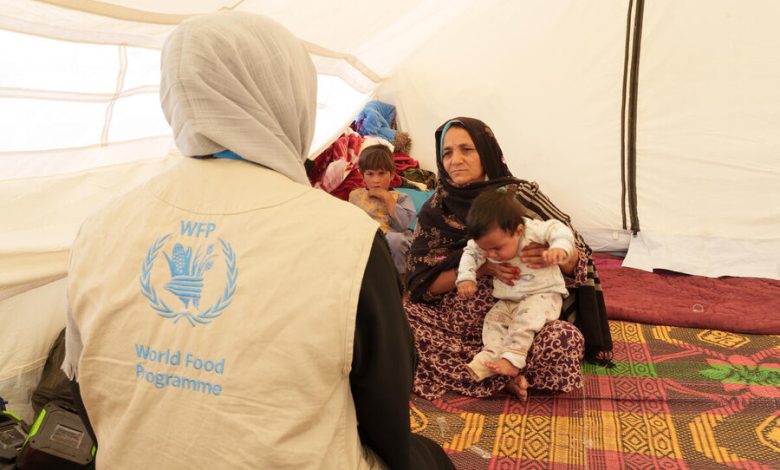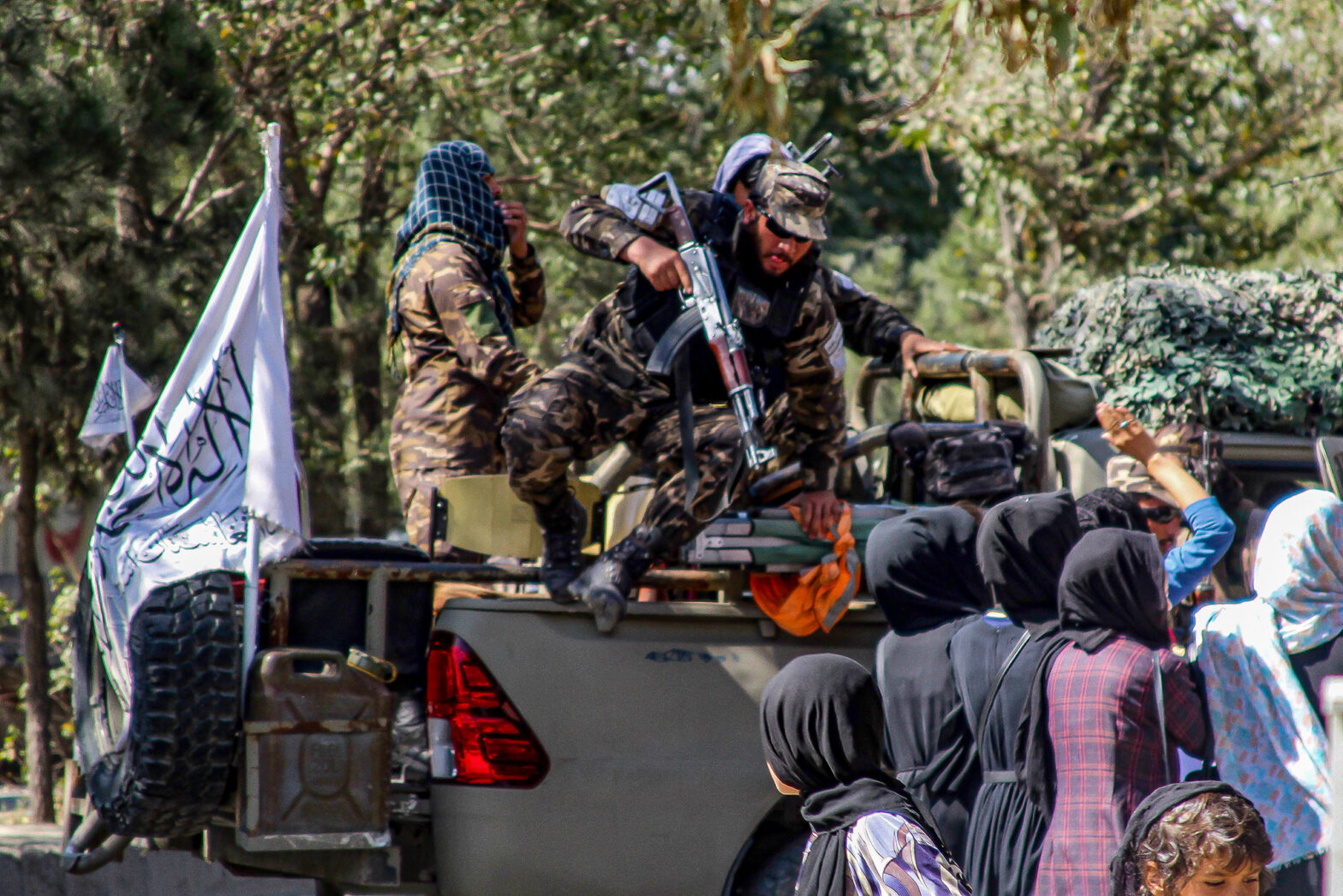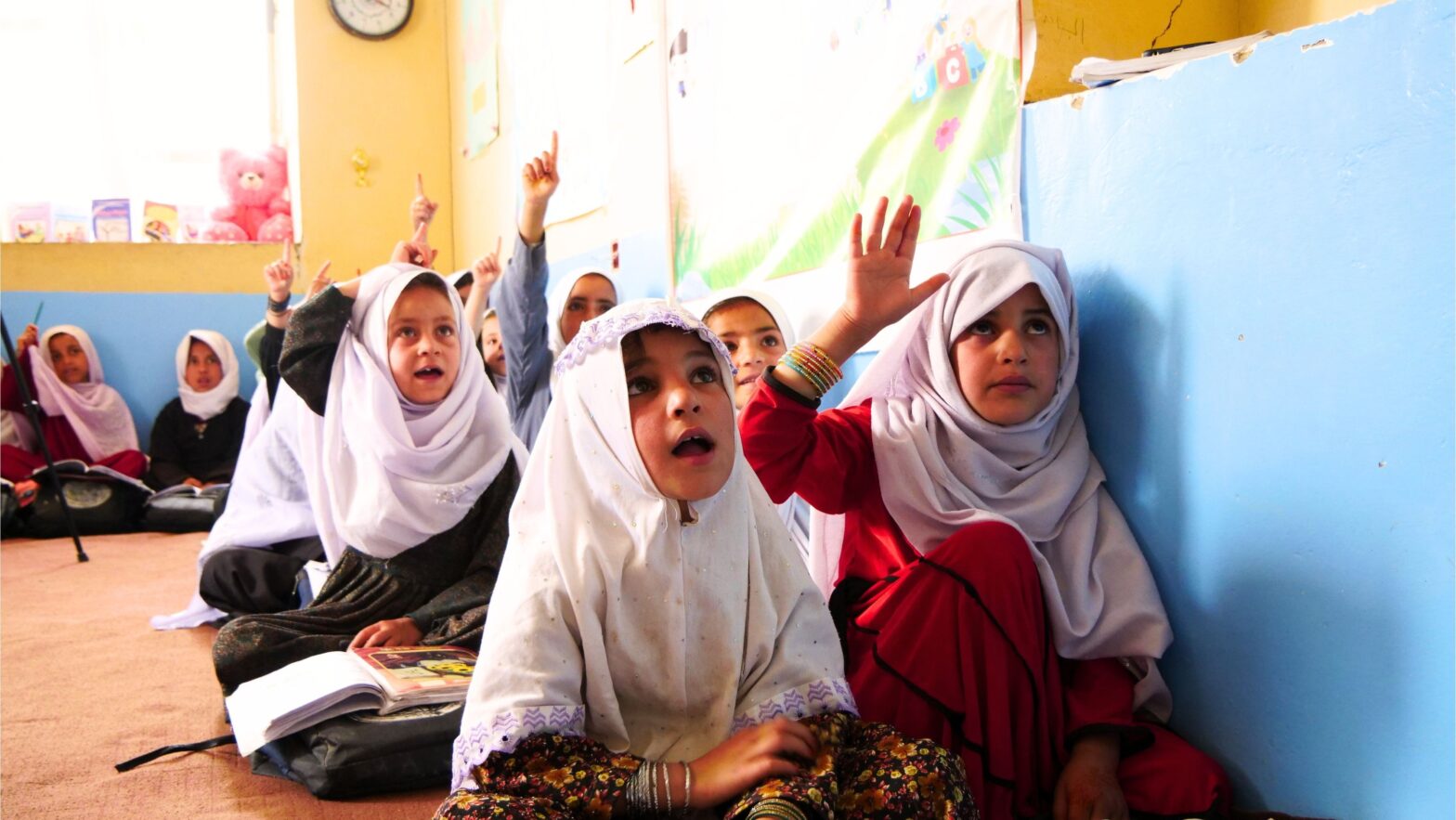
The European Union’s Humanitarian Aid Office in Asia has recently announced that access to education has been provided for 5,250 children in Afghanistan. The office stated in a post on its X (formerly Twitter) account today (Tuesday, Jan 6) that these children previously had no access to education. The EU Humanitarian Aid Office further emphasized that “community-based” classes have been established so that children deprived of education can learn and build their future. This announcement comes as UNICEF, the United Nations Children’s Fund, reports that four million children in Afghanistan are out of school. UNICEF adds that most children are deprived of education due to the lack of school buildings, shortages of drinking water, the absence of sanitation facilities, and a shortage of teachers. Meanwhile, after taking control of Afghanistan, the current authorities have barred women and girls from education and schooling. In their latest restriction, they have also closed the doors of medical institutes to girls and women, despite the country’s health sector facing a severe shortage of personnel. These measures by the current authorities have resulted in millions of female students being deprived of education. In addition, women have been banned from going to sports clubs, restaurants, public bathhouses, being examined by male doctors, traveling without a male guardian (mahram), and working in domestic and international non-governmental organizations, as well as even in United Nations offices in Afghanistan.

